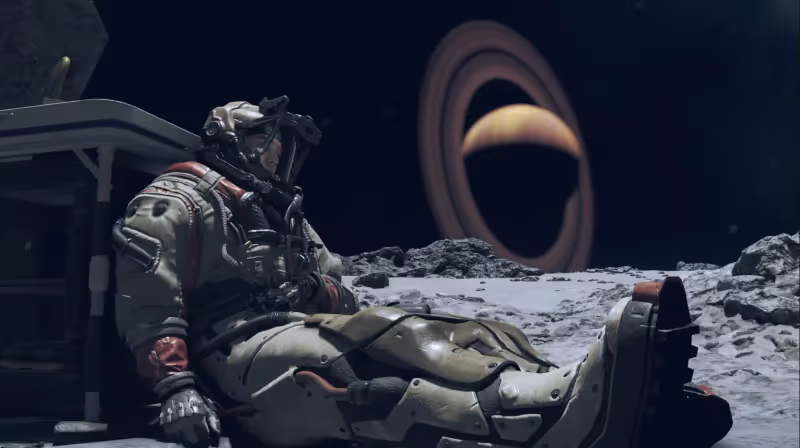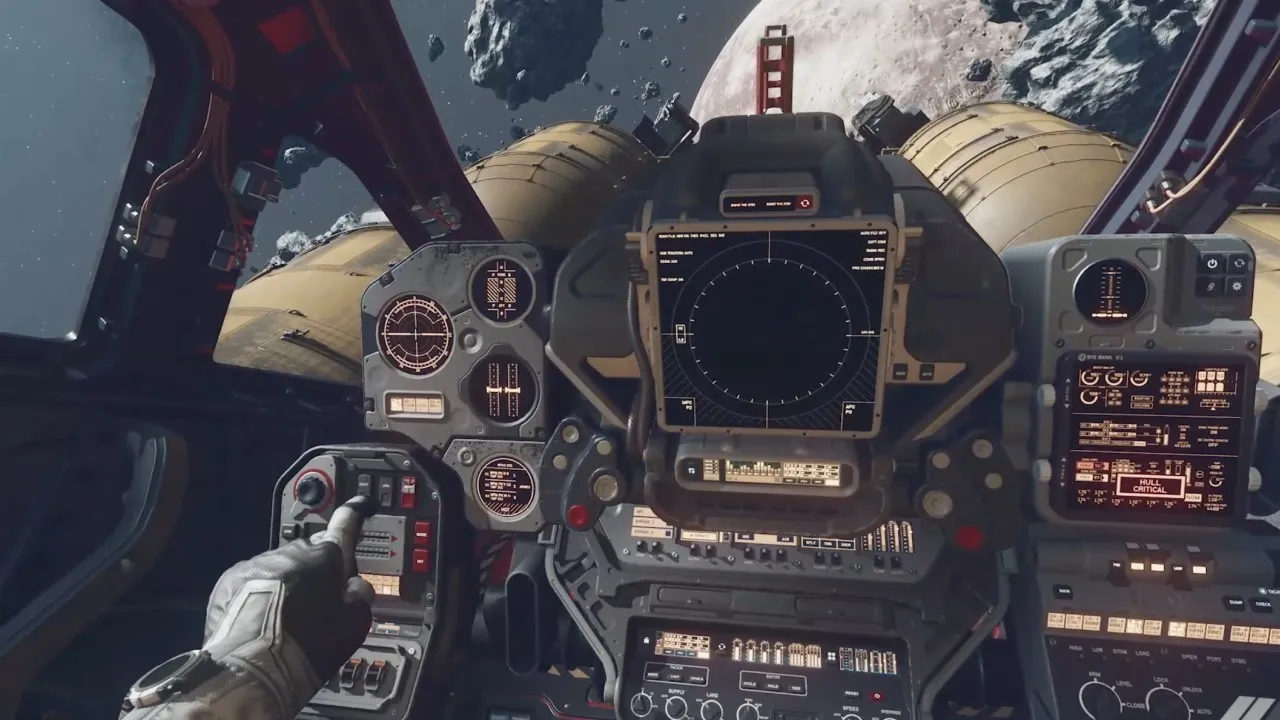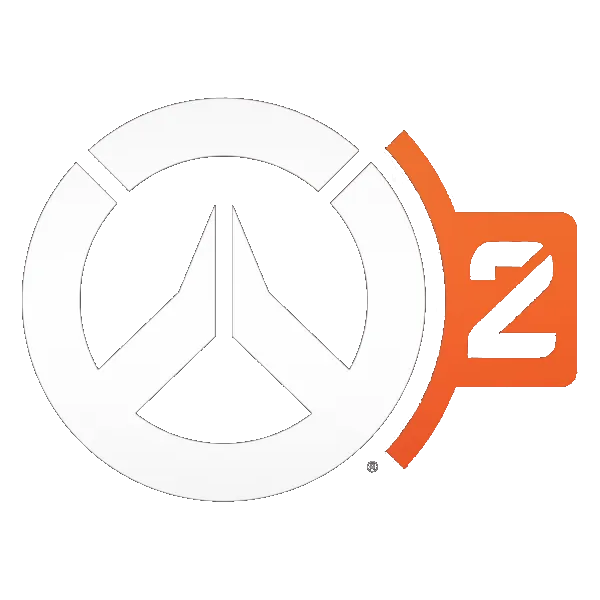
While this discovery might not be a one-size-fits-all solution and won't address all aspects of the game's performance problems, it offers a potential fix for a significant issue related to how the game interacts with hardware through its code.
The possible solution stems from the codebase of the Vulkan port to Proton, Valve's tool for running Windows games on Linux. In the change log, developer Hans-Kristian Arntzen discusses problems with Starfield's communication with hardware.
He mentions, "With 'NV_device_generated_commands_compute,' we can efficiently implement Starfield's use of ExecuteIndirect, which hammers multi-dispatch COMPUTE + root parameter changes."

To put it simply, Starfield sends multiple instances of the ExecuteIndirect command to your system's GPU. However, the information it sends is incorrect, causing the hardware to restart the process repeatedly. This backlog of commands ultimately leads to performance issues or crashes.
While this fix might eventually make its way into the full game, it currently appears limited to this specific code fork. Nonetheless, the information shared is valuable for manufacturers like Nvidia and Intel to understand why the game isn't running smoothly.
Intel, in particular, has faced challenges with its new line of graphics cards, as Intel Arc GPUs have encountered crashes while running the game.
Todd Howard, in an interview with Bloomberg, emphasized that the game is optimized for PC and suggested that some users might need to upgrade their systems. However, reports on forums and Reddit indicate that even users with RTX 4090 graphics cards and the latest CPUs are experiencing issues.
Check out some of our other Starfield guides below:
Vasco Location In Starfield - How To Get Your First Spaceship In Starfield - Starfield: 5 Skills Every New Player Should Get - How To Bind Your Weapons In Starfield - Starfield Lockpicking Guide - How Many Main Quest Missions Are There?










